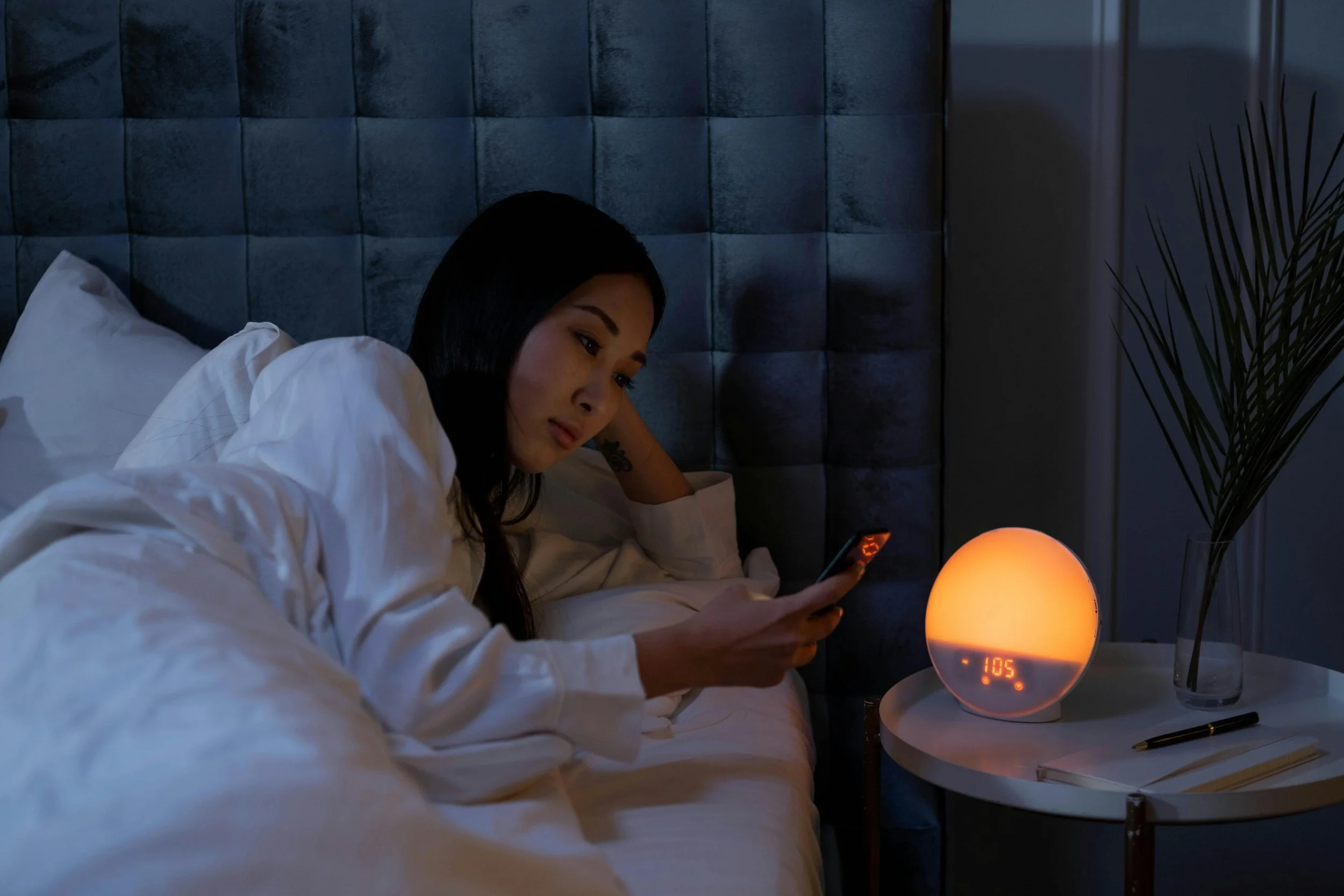The Truth About Sleep Deprivation
The Truth About Sleep Deprivation (And Why I Was So Wrong About It)
For the longest time, I believed sleep was something I could sacrifice. I thought I was being productive by staying up late, pushing through exhaustion, and getting by on just a few hours. After all, there was always something more important—work, responsibilities, or just unwinding with my phone before bed.
I was very wrong.
What I didn’t realize was how much sleep deprivation was silently affecting me—not just in the short term, but in ways that were compounding over time. Sleep isn’t just about rest—it directly impacts your hormones, energy, metabolism, and overall health.
The Hidden Costs of Sleep Deprivation
Lack of sleep does more than make you feel tired. Here’s what happens when you don’t get enough rest:
• Hormonal Imbalances– Sleep is when your body regulates key hormones like cortisol (stress), ghrelin (hunger), and insulin (blood sugar control). Poor sleep increases stress hormones and cravings for processed, high-sugar foods.
• Brain Fog and Slower Thinking– Sleep is crucial for memory, decision-making, and problem-solving. Without enough of it, your brain literally struggles to function.
• Weakened Immune System– Your body repairs itself while you sleep. Chronic sleep deprivation increases inflammation and makes it harder for your body to fight off illness.
• Metabolism and Weight Gain– Studies show that sleep-deprived individuals experience blood sugar fluctuations, increased appetite, and a slower metabolism—all of which contribute to weight gain over time.
What I Wish I Knew Sooner
Sleep isn’t just about feeling rested—it’s the foundation for every aspect of your health. The way you wake up in the morning sets the tone for how you feel, perform, and function throughout the day.
If you’ve been putting sleep on the back burner, know that even small changes can have a huge impact. Creating a consistent sleep schedule, reducing screen time before bed, and setting up a relaxing nighttime routine can help reset your sleep cycle and improve your overall well-being.
It’s time to stop wearing sleep deprivation as a badge of honor and start treating it as the health priority it truly is.


